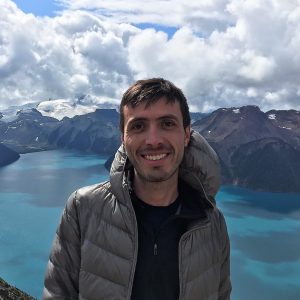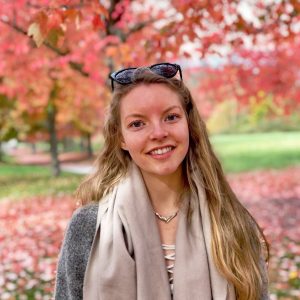IRES Seminar Series
Time: 12:30pm to 1:30pm (every Thursday)
Location: AERL Theatre (room 120), 2202 Main Mall
*********************************************************************************
Reducing inequality in food access as a means to achieving the UN Sustainable Development Goals
The synergies between the whole set of SDGs highlights the relevance and central role the food system plays in achieving a better future for humanity and staying within planetary boundaries. Two main determinants of food access at the individual level are national food availability and household income. For this reason, the reduction of inequality among and within countries (SDG 10) will better enable achieving some of the most morally profound SDGs, ending poverty and eradicating hunger (SDGs 1 and 2). In this study we provide insights into within-country inequality in food access to enable future income-based estimation of environmental impacts across the globe. We used national income distribution by decile and national food availability estimates by major food group to estimate how food and nutrient access varied by income within countries over the past half century. We then used a scenario-based approach to study different future interactions of income growth, inequality trends and food productivity to estimate future food security and nutrition indicators. Our results show that future inequality plays a key role in pathways toward ending hunger and poverty.
Juan Diego Martinez

IRES PhD Program
Bio:
Juan Diego is a PhD student at IRES working with Dr. Navin Ramankutty. His research is centered at the intersection between Food and Nutrition Security and the environmental impacts of different diets. Currently understanding how access to food is shaped by income/expenditure inequality, illustrating the disparities among and within countries in the past decades.
He holds a B.Sc in Biology and a B.Eng in Industrial Engineering for the Universidad de los Andes, Colombia. In the past, he worked with the Alexander von Humboldt Biological Research Institute and as a renewable energy consultant for Latin America
The roles of affect and sustainability education in increasing pro-environmental actions in a botanical garden
Human impacts on the environment are evident. Behaviour change lies at the root of solving environmental issues and realizing the Sustainable Development Goals. A key question is how to promote pro-environmental behaviour. We conducted an experiment in UBC Botanical Garden to determine how affect and a sustainability education program influence pro-environmental behavior. To our surprise, we find no significant effect of affect or education on behaviour. Our findings contrast with previous research showing the benefit of heightened affective responses or education. This study highlights the complicated relationship between human emotions, knowledge, and pro-environmental behaviour. It calls for further research to better understand how the feeling system and the learning system relate to pro-environmental behaviour.
Andrea Byfuglien

IRES MSc Program
Bio:
Andrea joined IRES in 2018 as a Master of Science student under the supervision of Dr. Jiaying Zhao. She holds a Bachelor of Arts in Psychology and Geography from The University of Melbourne. Her research at IRES is in collaboration with UBC Botanical Garden, and examines how education and emotions can be leveraged to foster pro-environmental behaviour. Andrea is interested in advancing sustainable development through applied behavioural science. As an advocate for climate justice, she is determined to amplify meaningful engagement with the public and empower others in addressing the climate crisis.